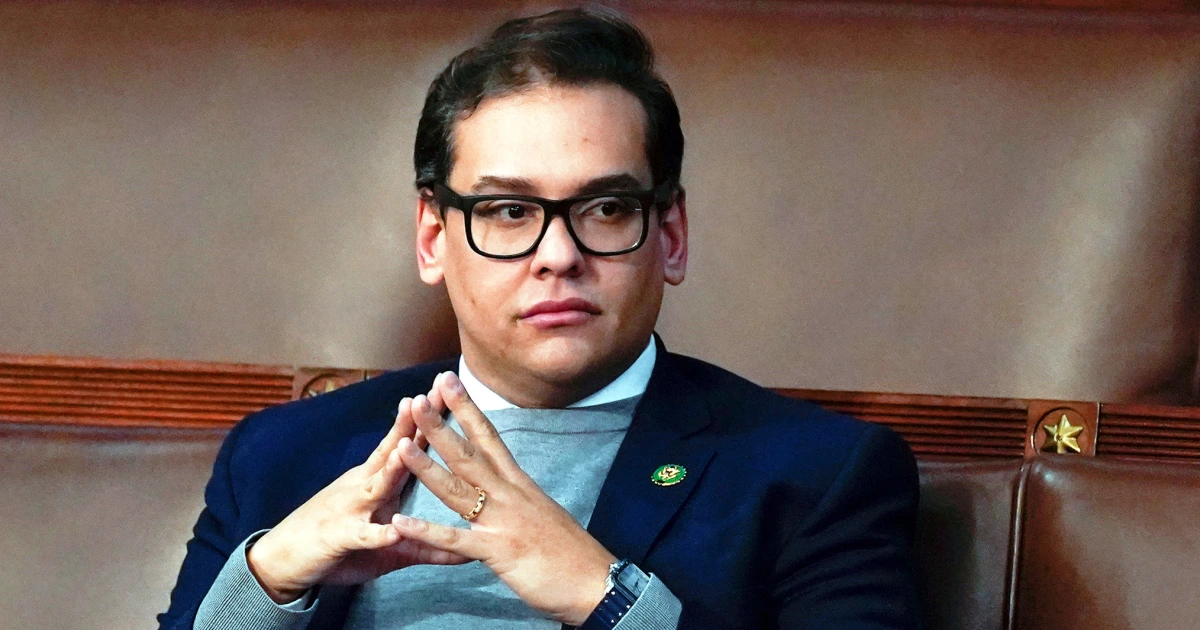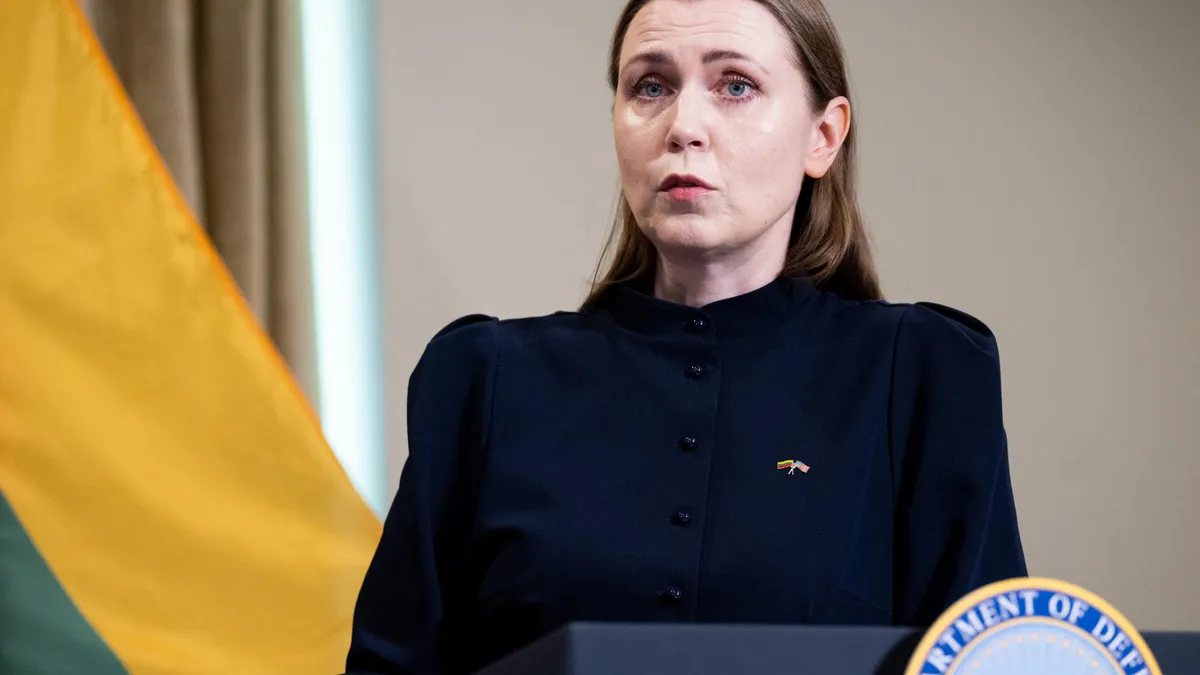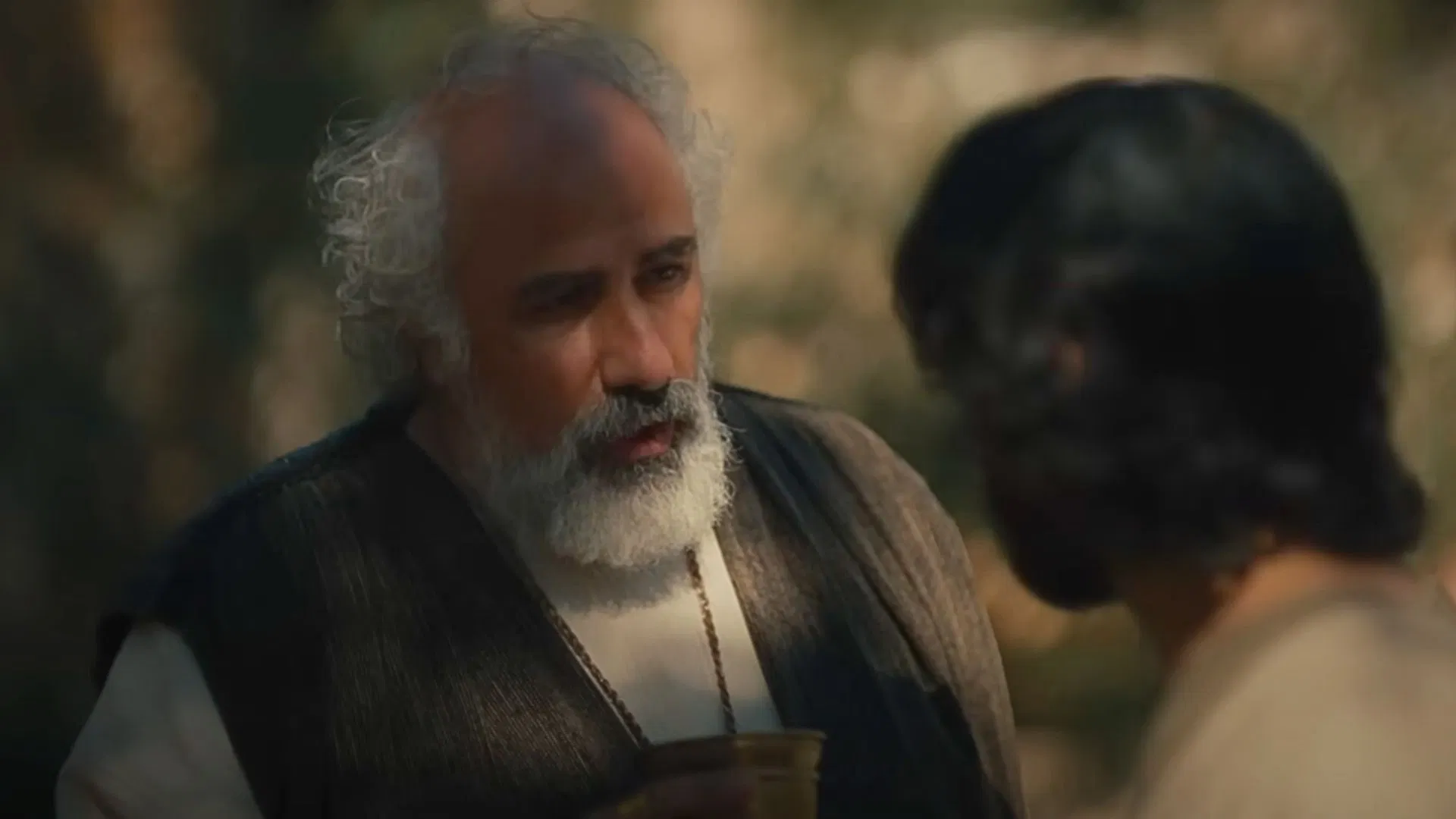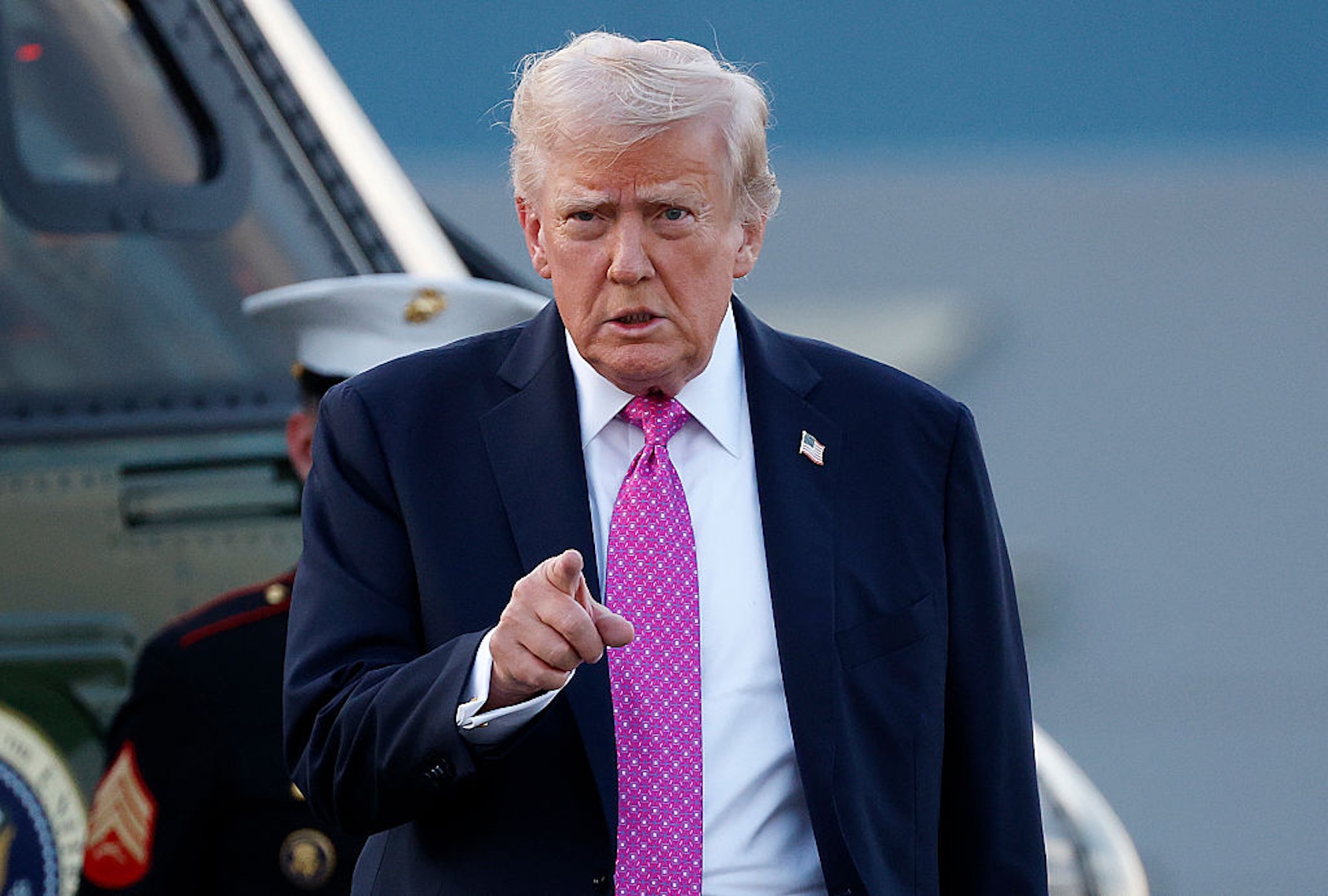Copyright MSNBC

About six months ago, disgraced former Republican Rep. George Santos, facing overwhelming evidence of guilt, reached a plea deal with prosecutors and agreed to plead guilty to wire fraud and aggravated identity theft. Asked around this time whether he would appeal to Donald Trump for a rescue, the former New York congressman said, “You bet your sweet a-- I would.” At face value, this seemed implausible. Santos’ scandal was simply too severe; his misdeeds were simply too brazen; and his name had simply become too politically radioactive. There had to be some limits, even for this president. Or so it seemed at the time. In August, Trump told Newsmax he was open to intervening in Santos’ case, not because the disgraced Republican was innocent, but because Santos was “100% for Trump” and a “solid” partisan vote for the White House during his tenure on Capitol Hill.The president’s critics have long argued that he based his pardon decisions on whether convicted criminals were aligned with him personally, and this was a rare instance in which Trump all but admitted to a national television audience that his critics are correct. Two months later, my MSNBC colleague Erum Salam reported: President Donald Trump is commuting the sentence of former Rep. George Santos, R-N.Y., and said the disgraced lawmaker should be quickly released from prison. ... Trump called the 37-year-old Santos something of a ‘rogue,’ but added that he was also ‘a Great Hero.’ The disgraced former congressman was sentenced to 87 months in federal prison. He ended up serving roughly three months before Trump intervened on his behalf. The developments were outrageous and indefensible, but given the president’s track record, they weren’t altogether surprising. In his first term, Trump effectively wielded his pardon and commutation power as a corrupt weapon, rewarding loyalists, completing cover-ups, undermining federal law enforcement and doling out favors to the politically connected, resulting in some of the most controversial pardons in American history. Much of these actions, however, transpired after his 2020 election defeat — when it seemed as if his political career was over and he no longer had to concern himself with consequences. But in the first year of his second term, it appears Trump is no longer concerned about appearances or the pretense of propriety. He’s corrupting the process; he knows that he’s corrupting the process; he knows that we know that he’s corrupting the process; and he’s doing it anyway. On the first day of his second term, Trump issued roughly 1,500 pardons and commuted the sentences of 14 Jan. 6 criminals, including violent felons who were in prison for assaulting police officers. A few days later, he kept going, pardoning 23 anti-abortion-rights activists, seemingly unconcerned with their guilt. That was soon followed by a pardon for former Gov. Rob Blagojevich, a man synonymous with corruption in Illinois politics, whom Trump saw as any ally. In early March, he pardoned a Tennessee Republican who was just two weeks into a 21-month sentence for his role in a campaign finance fraud scheme. In late March, he pardoned a prominent campaign donor. (Asked to defend the latter, the president struggled in unintentionally hilarious ways.) A month later, he also pardoned another Republican donor, as well as a Trump-aligned former Las Vegas City Council member. In the weeks and months that followed, the list just kept growing. But few have benefited more from Trump’s generosity than scandal-plagued Republican congressman. Santos is the latest, but it comes on the heels of a pardon for another disgraced former Republican congressman from New York, Michael Grimm, who was convicted in 2014 of tax fraud and related charges. Around the same time, Trump also pardoned former Connecticut Gov. John Rowland, who served three terms as a Republican member of Congress. What’s more, The Washington Post published this memorable roundup on the last day of Trump’s first term: Since Trump took office, two incumbent Republican congressmen have been convicted of crimes, Chris Collins (R-N.Y.) and Duncan D. Hunter (R-Calif.), as has a former congressman, Steve Stockman (R-Tex.). Trump pardoned all three of them. Trump also pardoned four former Republican congressmen convicted before his presidency: Rick Renzi (R-Ariz.), Robin Hayes (R-N.C.), Mark Siljander (R-Mich.) and Randall “Duke” Cunningham (R-Calif.). ... [A]ccording to GovTrack’s Legislator Misconduct Database, Trump has now pardoned a majority of Republican congressmen convicted of felonies in the 21st century. With the Santos commutation, the new total of Trump rescues for congressional Republicans convicted of crimes has reached 10 — and counting. (While some congressional Democrats have also been convicted of crimes in recent years, to date, none of them has benefited from the incumbent president’s magnanimity.) What’s more, if we widen the aperture a bit, it’s also worth emphasizing that the Trump administration has also abandoned the criminal case against a former Republican congressman who’d already been found guilty of corruption by a jury, while simultaneously taking steps to abandon a corruption investigation targeting an incumbent Republican congressman. Traditionally, presidents have issued pardons and commutations to right a wrong or to protect those who have been falsely accused of wrongdoing. In 2025, if Trump sees a convicted criminal as an ally, that’s apparently all the president needs to know. For all the GOP hysterics during the Biden era about a “two-tiered” system of justice, it seems the White House has gone out of its way to create the very dynamic Republicans claimed to be against.



